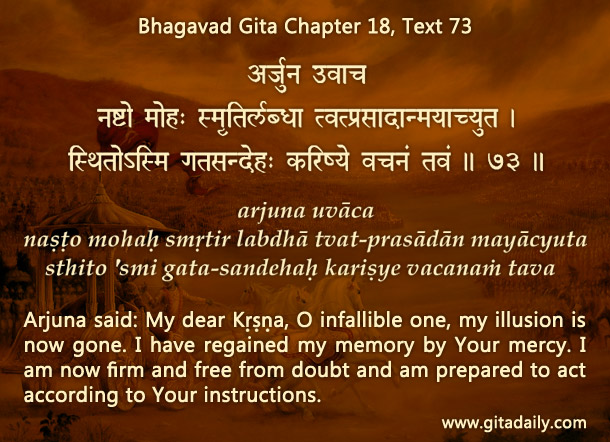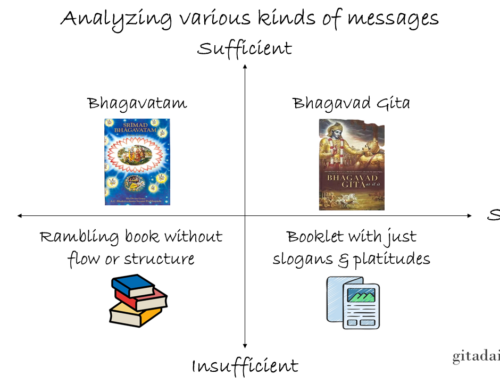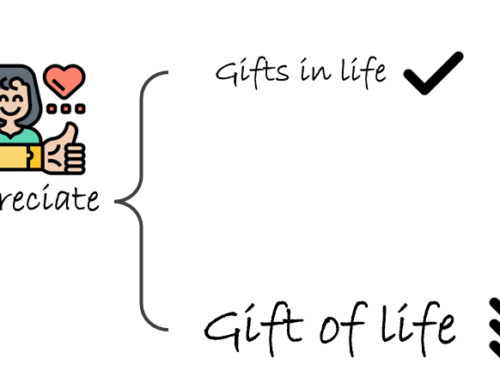We may have a lose-win conception in our relationship with God: He is the Supreme, and we have no option but to obey him, else we suffer.
However, thinking that surrender requires breaking of our will is a misunderstanding because we and God are not in an adversarial relationship. He is our greatest well-wisher (Bhagavad-gita 05.29) and he wants the best for us, just as we do.
Why, then, do we find uniting our will with his will so difficult? Because our will is presently captivated by lower desires for worldly things. Such desires give us a little initial pleasure followed by a long tail of misery (18.37). What we mistake as breaking of our will is actually breaking free from the control of those desires.
When we connect with Krishna by practicing bhakti-yoga, by harmonizing our will with his will, we rise towards inner purity and spirituality and start seeing clearly how we had been misidentifying our will with our lower desires. Further, as our devotional growth increases our contribution externally and our satisfaction internally, we become more inspired to beat down the short-sighted desires that sabotage our potential. Thus, devotion builds our free will.
The empowering nature of union of the human will with the divine will is demonstrated towards the conclusion of the Gita. Arjuna’s assent to Krishna’s will (18.73) helps him rise from dejection and defeat (01.46) to determination and victory (18.78). When we use our free will properly in Krishna’s service, it helps us realize the eternal joyfulness that is our intrinsic nature as blissful parts of the blissful whole.
Thus, union of our will with Krishna’s will is the expressway to life’s greatest fulfillment, which is the ultimate purpose of our desire for the free exercise of our free will.
To know more about this verse, please click on the image
Explanation of article:
Podcast:
Download by “right-click and save”






where there is a will there is a way